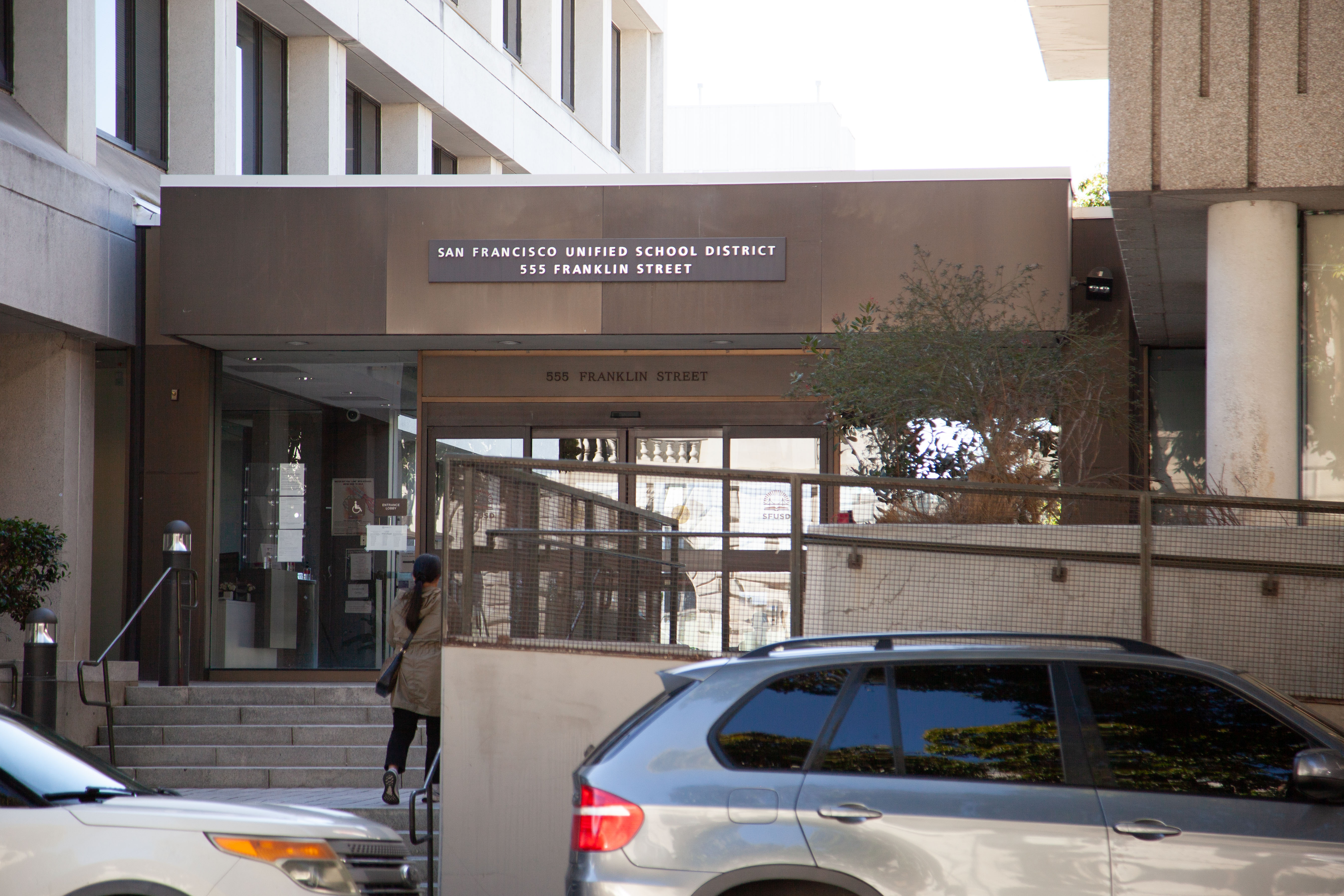The San Francisco Unified School District (SFUSD) has abandoned a proposal to follow a “Grading for Equity” policy for the upcoming 2025–2026 school year, after it drew criticisms from the community and officials.
“It’s clear there are a lot of questions, concerns, and misinformation with this proposal. We want to make sure any changes benefit our students,” SFUSD Superintendent Maria Su said in an emailed statement to The Epoch Times on May 29. “I have decided not to pursue this strategy for next year to ensure we have time to meaningfully engage the community.”
San Francisco Mayor Daniel Lurie was one of the proposed policy’s critics.
“We owe our young people an education that prepares them to succeed. The proposed changes to grading at SFUSD would not accomplish that,” he said in a post on social media platform X on May 28. “I have conveyed our view to SFUSD. We are optimistic that there is a better path forward for our kids and their future.”
The policy, which did not go to a vote, was unveiled on May 27 during a meeting agenda. The goal of the policy was to close socioeconomic gaps by grading mainly based on final exams, which students could take multiple times, while homework and attendance would not be factored into students’ scores, said board members.
The new policy would also have allowed teachers to shift the grading curve. A score of 41 percent would be counted as a C instead of an F. A score of 21 percent would qualify as a D, a passing grade. Currently, students typically need to score at least 60 percent to earn a D. For an A, they need 90 percent. Under the proposed policy, students could earn an A with 80 percent.
“With equitable grading, teachers’ grades will be more accurate, more fair, more motivational, and more consistent across teachers, within courses, and across courses,” board members said in response to a question by commissioners about the policy, which would have affected more than 10,000 students.
They added that they believe D and F rates would decrease, especially among historically underserved students. “And there will be a decrease in grade inflation and grade ‘depression’—when grades are lower than the students’ actual understanding of course standards,” they said.
The policy, which was voluntary, the board said, would allow teachers to use their own grading practices. At least 65 teachers had opted to use the policy and were set to attend training to prepare to implement the new standards.
U.S. Rep. Ro Khanna (D-Calif.) from California’s 17th district, located in San Francisco’s South Bay and East Bay, said the proposed policy would diminish hard work and excellence.
“Giving A’s for 80% & no homework is not equity—it betrays the American Dream and every parent who wants more for their kids,” Khanna posted on social media on May 28.
San Leandro Unified School District, in Alameda County, adopted similar reforms in 2016, while the East Bay’s Dublin Unified School District’s 2023 pilot of equitable grading was suspended after parental protest.
Meredith Coffey, senior policy and operations associate at the Fordham Institute, argued in a 2023 commentary that equitable grading policies have undesired outcomes, such as devaluing students who earn an A.
“When students receive A’s for mere proficiency, we risk decreased student effort and warped decision-making when it comes to college applications, choices of major, and career path,” she wrote.













